Bioshock Infinite And Its Confusing Ending
*Spoiler Warning* This article focuses on the ending of Bioshock Infinite. Read at your own risk.
April 9, 2021
When I first played Irrational Games’ Bioshock Infinite, the story combined with its beautiful atmosphere astonished me. The immersive gameplay was amazing. In the game, you play as Booker Dewitt, a disgraced private investigator arriving on the Columbia. His goal is to rescue a woman named Elizabeth from her imprisonment by Zachary Hale Comstock. As you try to get Elizabeth out of Columbia, you uncover the dark secrets hidden in the city. Comstock has created a religion with himself at the center, calling himself the Prophet, in order to justify his terrible actions. This goal has turned him into a ruthless dictator.
The Ending

Unfortunately, I wasn’t prepared for how confusingly bad the ending turned out to be. I’ll try to summarize it the best I can. The game introduces an infinite number of alternate realities that Booker is exposed to. Elizabeth goes on to explain that Booker and Comstock are the same person, each of them living in different realities. He was brought to Comstock’s reality by Robert and Roselind Lutece, who were betrayed by Comstock, to defeat him.
This is where it gets really confusing if you weren’t confused already. You see, Booker fought in the Battle of the Wounded Knee, a real-life battle where Native Americans were massacred. Booker, feeling guilt about his role in the massacre, is given the option to wash away his sins through baptism afterward. Acceptance creates Comstock while rejection left Booker as he is. Even though Booker kills Comstock, Elizabeth’s goal is to erase Comstock from ALL realities. For this to happen, Booker needs to go back to the baptism choice and drown. This, according to the game, destroyed every alternate reality with Comstock in it, leaving Booker as the only version, since he was never baptized.
Now that you get the gist of Bioshock Infinite’s ending, allow me to point out the single variable that made this explanation so confusing.
Why It’s Bad
The problem with the ending relies solely on one of the game’s main themes, quantum mechanics. In reality, humans don’t understand this branch of science, even scientists trained in the field don’t understand it. Think of every plot hole that is created whenever films, TV series, etc. dive into time travel, another aspect of quantum mechanics. They become more and more convoluted the more you try to reason with them. That’s why Irrational Games’ decision to dive into quantum mechanics for their twist ending was doomed from the start.
What Bioshock Infinite tries to convince us is that every alternate version of Booker/Comstock stems from the baptism choice. That’s the dividing point. However, this is impossible. Quantum mechanics states that every choice in our lives, starting from birth, creates one or more alternate realities. For example, if I asked you to choose between red or blue as your favorite color, there’s a reality where you chose red and a reality where you chose blue and a reality where you can’t decide, and a reality where you say green, and… you get the point.
Why is this important? Because Booker drowning at the end, the big finale where alternate realities of Elizabeth and Columbia citizens would no longer be oppressed or oppressive, wouldn’t stop Comstock from existing. There would already be various versions of Booker/Comstock way before the baptism. No one can convince me that he wasn’t presented with any choices until the dividing point. Even mundane choices of choosing what to eat for dinner would create alternate realities. Booker’s death may erase a few versions of Comstock, but not all of them. Remember, the game claims that the Booker versions still exist after this death. What stops those Bookers from creating new versions of Comstocks? The answer is nothing.
A More Satisfying End

You’re probably wondering how there can be a more concise, understandable, ending made up of all this madness. There’s value in emphasizing the game’s other main theme, religion, which Irrational Games spent the entire game focused on.
Religion would’ve wrapped the ending up much finer without drawing attention to the weirdness of quantum mechanics. This ending could’ve been about sacrifice for the hope of a better future. It would’ve been a great idea to have the Comstock we encounter as one version of Booker instead of a representation of all versions after the baptism. Since he is desperately trying to wash away his sins, the drowning at the end could be Booker doing one last good thing, thus erasing the villain we’ve encountered.
My ending is a lot easier to understand because I stick to what is mentioned throughout the game. It’s not something ham-fisted to seem meaningful. I don’t focus on anything outside of the game’s Booker and Comstock because it’s not important to mention them. All that matters is that the Comstock we encounter is gone for good. I wish that Irrational Games understood that.
Conclusion
Irrational Games really did Bioshock Infinite dirty by focusing on quantum mechanics at the end. It really threw players into a loop as they tried to understand something that can’t be. The game formed so many plot holes in its final moments that it had to rewrite the theme the game focused on to get even close to an explanation. Emphasizing religion instead of quantum mechanics like it had been doing would’ve brought out a much better end, especially because we, as the players, lived through it. We know the stakes and have made companions. Bioshock Infinite’s ending can’t be changed, but Irrational Games now has an idea of what not to do when creating endings.




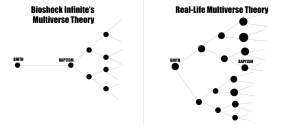


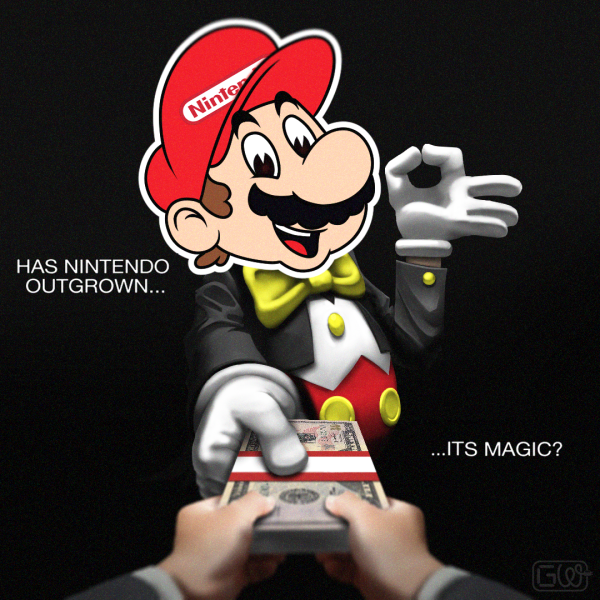
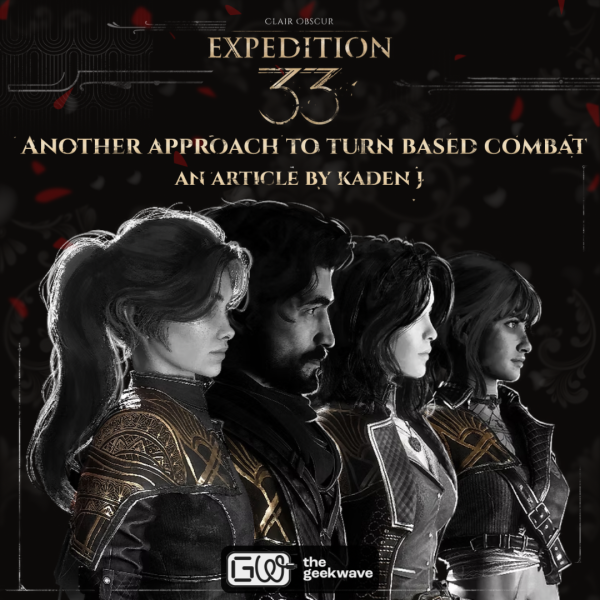
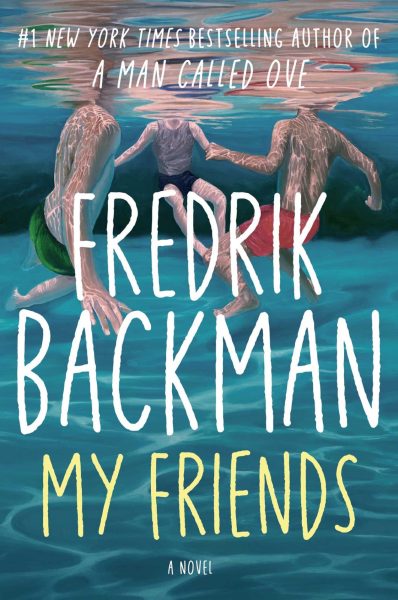
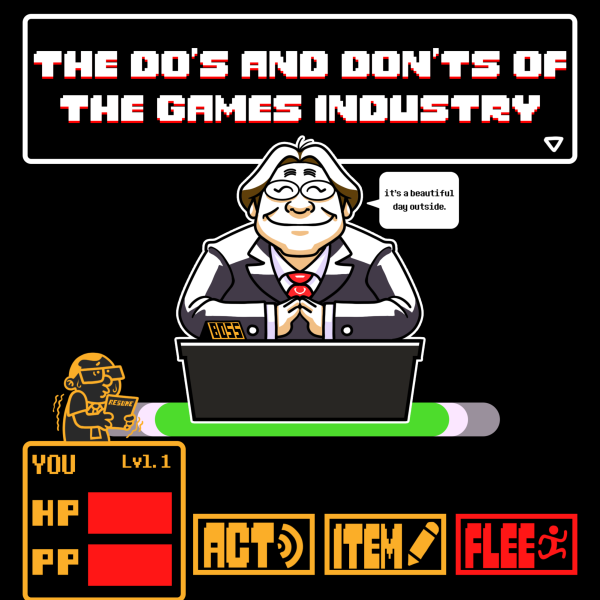



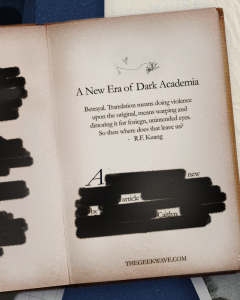

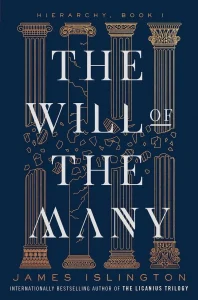


megastar • Mar 8, 2023 at 12:03 am
I was deeply unhappy with Bioshock Infinite. It took quite some time to get over the frustration that the game diverged so heavily from, yet relied so heavily upon, the first two games of this series. In addition, the convoluted nature of much of the story to a person unfamiliar with quantum theory or mechanics was pretty much the final blow, in terms of not enjoying this game at all. Add in a ridiculously linear flow to the mapping, an arrow that replaces a mini map, a lack of interesting mobs, poor weapons system and reward management, and much much more I found to be awkward and just poorly executed, and the experience left me with a pretty bad taste in my mouth on this installment. And why did the woman leading the rebel forces have to turn out to be evil? is that not almost unashamedly taking the easy way out? Her life as a tortured mistreated slave twisted her and made her evil. We get it. Wouldn’t it be a much more inspirational message that this woman, oppressed and enslaved for most of her life, broke those chains, rose above it all, and vowed to be BETTER than the scumbag Comstock? Very weak tea, and in my opinion, taking the safe and gutless way out making her into the new villain who’s no better than the morally corrupted piece of garbage she replaced. Irrational Games dropped the ball on this one, and I found BS INFINITE to be NOTHING but disappointing. For a game that professes to boldly confront racial issues head on, when it really came time to make a statement at the end – that the black slaves and oppressed poor were more noble than their racist white oppressors – Irrational games failed *miserably*. Just an opinion.